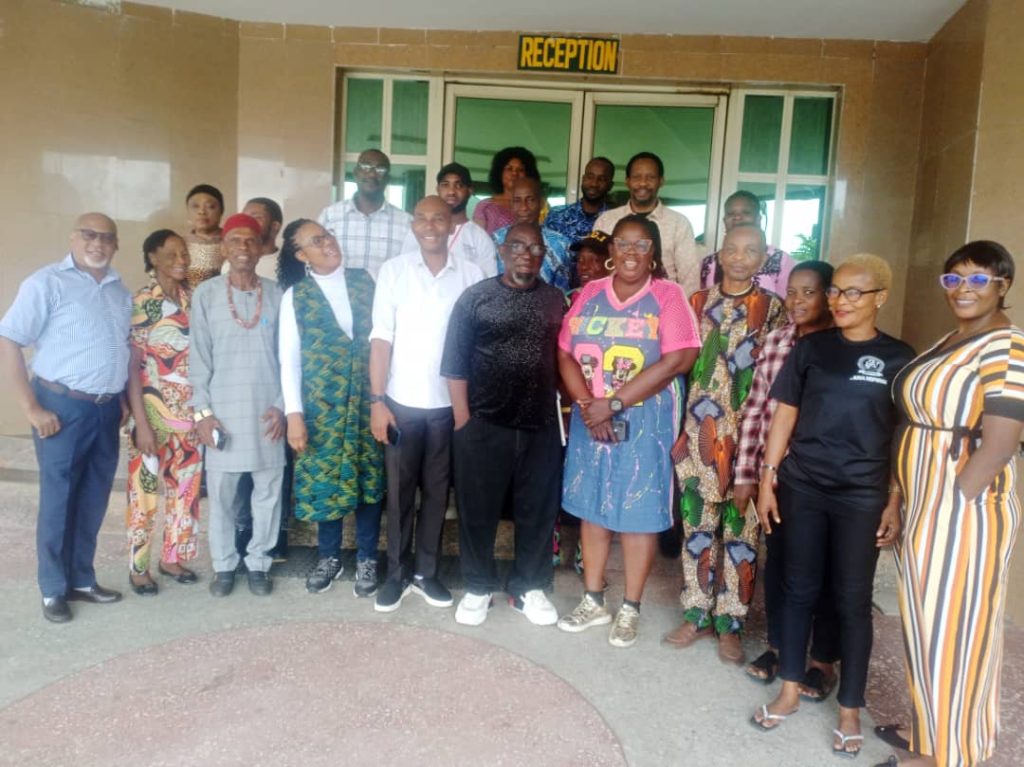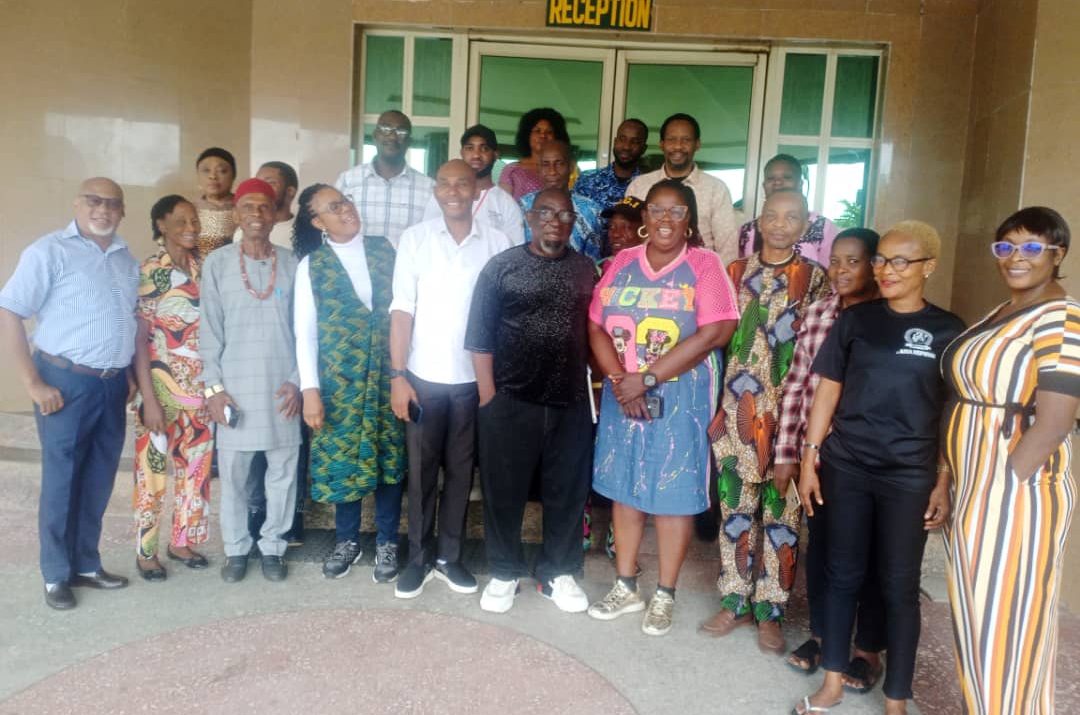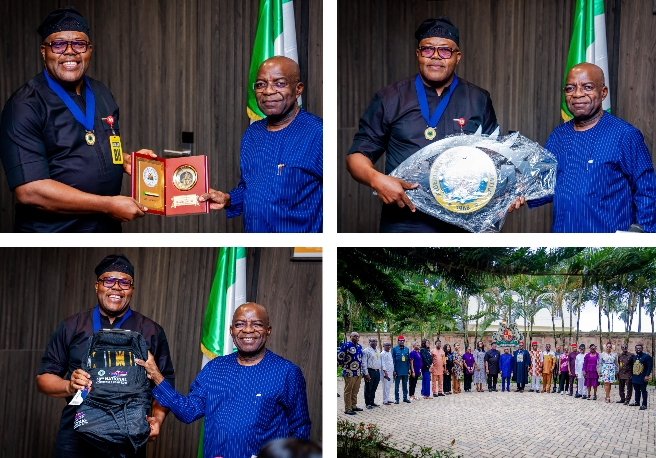A two-day step-down meeting on the operational modalities of the National Community-Led Monitoring (CLM) plan on HIV/AIDS response has ended in Umuahia, the Abia State capital, with participants appealing for the implementation of the CLM framework at the state level.

The meeting, which aimed at acquainting stakeholders with the operational modalities of Community-Led Monitoring (CLM) and Community Systems Strengthening (CSS) in the HIV/AIDS response, provided participants with the opportunity to contribute ideas and assess the framework.
In her message, the Director-General of the Abia State Agency for the Control of HIV/AIDS, Dr. Uloaku Ukaegbu, noted that Community-Led Monitoring is necessary as it will ensure an effective HIV/AIDS response through improved data collection, feedback mechanisms, and accountability.
Dr. Ukaegbu, represented by the Head of Monitoring and Evaluation in the Agency, Mr. Ndubuisi Kanu, explained that the state, through the Agency, has made significant strides in the HIV/AIDS response and pledged more commitment to a result-oriented approach.
In his presentation, the State Coordinator of ACOMIN, Mr. Richard Okoro, described CLM and CSS as welcome developments, noting that they are models that encourage community participation through effective data collection, accountability, and ownership in the HIV/AIDS, TB, and malaria response. He stressed the need for government ownership of the HIV/AIDS response through adequate funding.
Also contributing, the Southeast Coordinator, Mr. White Ikeocha, said that the new frameworks—CLM and CSS—bring all stakeholders together in the fight against HIV/AIDS, TB, and malaria, which will go a long way in achieving better results.
The State Coordinator of the National Human Rights Commission, Mrs. Uche Nwokocha, represented by Mr. Uche Ahuaka, assured participants that the Commission’s doors remain open to address cases of human rights abuses and violence against people living with HIV/AIDS, among others.
In her message, the State Program Coordinator of NEPWAN, Mrs. Rebecca Eze, emphasized that proper implementation of CLM and CSS, involving key stakeholders such as government and communities working together, as developed at the national level, will guarantee sustainability in the fight against HIV/AIDS, TB, and malaria.
Highlights of the event included goodwill messages from the Greater Women Initiative, the TB Network, and other partners.






